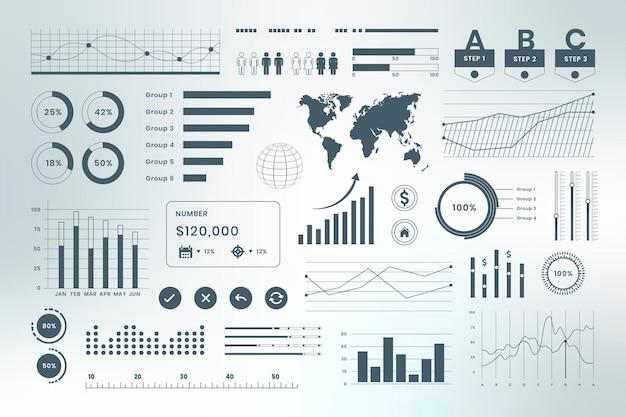In the realm of data-driven decision-making, the role of statisticians is pivotal in uncovering insights, trends, and patterns that drive impactful outcomes. As the world becomes increasingly data-centric, the demand for skilled statisticians is on the rise. In this blog, we will delve into the dynamic and intriguing world of statisticians' careers, exploring their vital contributions, requisite skills, and the plethora of opportunities that await.

Understanding Statistician Careers
Statisticians - Masters of Data Interpretation
In an era where data is often referred to as the "new oil," statisticians take on the role of expert interpreters. Their primary objective is to collect, analyze, and interpret data to aid organizations in making informed decisions. They employ advanced mathematical and statistical techniques to draw meaningful insights from vast datasets, enabling businesses to enhance their strategies, improve processes, and predict future trends.
Key Responsibilities in Statistician Careers

Decoding Complex Data
Statisticians are tasked with a range of responsibilities, including:
Skill Required for Success in Statistician Careers
A Blend of Analytical and Communication Skills
Statisticians possess a unique combination of skills, including:
Job Outlook for Statisticians
The job outlook for statisticians is good. The Bureau of Labor Statistics projects that the employment of statisticians will grow 33% from 2020 to 2030, much faster than the average for all occupations. This growth is expected to be driven by the increasing demand for data analysis in a variety of industries, such as business, government, and healthcare.
Career Opportunities in Statistician Careers
Data Navigators and Decision Influencers
Data analyst: Data analysts use their skills in statistics and data analysis to collect, clean, and analyze data. They use this data to help businesses make informed decisions about things like pricing, marketing, and product development.
Research statistician: Research statisticians use their skills in statistics and mathematics to conduct research. They design and conduct experiments, collect and analyze data, and write reports on their findings.
Biostatistician: Biostatisticians use their skills in statistics and biology to conduct research in the field of biology. They design and conduct experiments, collect and analyze data, and write reports on their findings.
Actuary: Actuaries use their skills in statistics and finance to assess risk. They calculate the probability of events happening, such as deaths, illnesses, and natural disasters. They use this information to help businesses and individuals make financial decisions.
Conclusion
In a world where data is abundant but meaningful insights are rare, statisticians emerge as the torchbearers of data-driven decision-making. Their expertise in collecting, analyzing, and interpreting data empowers organizations to navigate complexities and stay ahead in a competitive landscape.
If you're intrigued by the world of statistics and data analysis, embark on a journey to uncover your potential with ProEdge Careers' Industry Readiness Test. Our advanced algorithm evaluates your skills across 30+ parameters, matching you with the best-suited roles and internships. Visit ProEdge Careers to learn more or reach out to us at info@proedge.co.
To know more watch: https://youtu.be/hBgseqeDmJE